
It’s Not in Your Head—Why 50-Degree-F Days Feel Warmer in Spring Than in Fall
There are real, physiological reasons why the same temperature feels different in April and October
Allison Parshall is an associate news editor at Scientific American who often covers biology, health, technology and physics. She edits the magazine's Contributors column and weekly online Science Quizzes. As a multimedia journalist, Parshall contributes to Scientific American's podcast Science Quickly. Her work includes a three-part miniseries on music-making artificial intelligence. Her work has also appeared in Quanta Magazine and Inverse. Parshall graduated from New York University's Arthur L. Carter Journalism Institute with a master's degree in science, health and environmental reporting. She has a bachelor's degree in psychology from Georgetown University. Follow Parshall on X (formerly Twitter) @parshallison

It’s Not in Your Head—Why 50-Degree-F Days Feel Warmer in Spring Than in Fall
There are real, physiological reasons why the same temperature feels different in April and October

What 23andMe Bankruptcy Means for Your Genetic Privacy
The bankruptcy of 23andMe highlights a lack of protections for genetic privacy in the U.S.

ADHD Misinformation Is Common on TikTok. Here’s How to Spot It
With limited access to mental health care, people looking for answers about ADHD are turning to TikTok, where information is frequently misleading or inaccurate
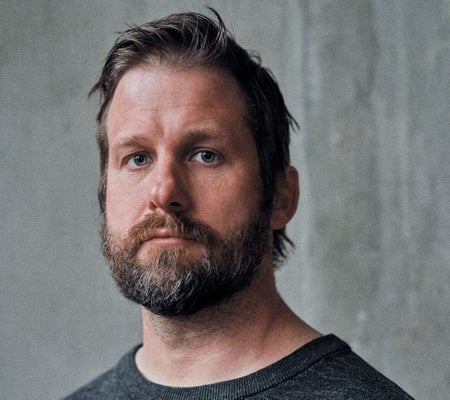
Contributors to Scientific American’s April 2025 Issue
Writers, artists, photographers and researchers share the stories behind the stories

Is ChatGPT a Drug? Metaphors Show What Students Think of AI
Analyzing the metaphors we use to talk about ChatGPT can reveal how we’re thinking about the new tech
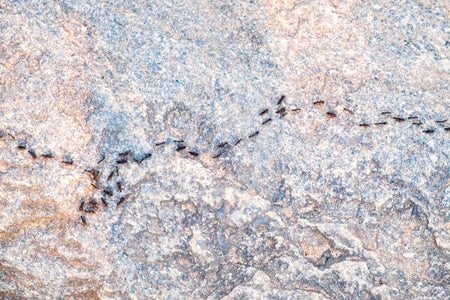
How Ants May Save You from Future Traffic Jams
Ants’ tactics to avoid traffic jams could be applied to future self-driving cars

The International Space Station May Need More Microbes to Keep Astronauts Healthy
The overly sterile environment of the International Space Station is missing important microbes, a new detailed map shows. If we want to live off Earth, we may need to take more of our bacterial friends with us

Widening Highways Doesn’t Fix Traffic. Here’s What Can
Highway widening projects usually don’t solve congestion, but less expensive toll programs known as congestion pricing can. Here’s why
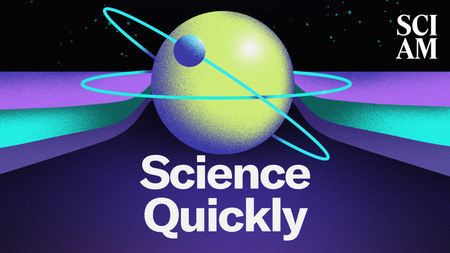
Measles Outbreaks, Asteroid Risks and Fish Friends
In this week’s news roundup, we cover activity from the black hole at our galaxy’s center and a troubling measles outbreak in Texas.
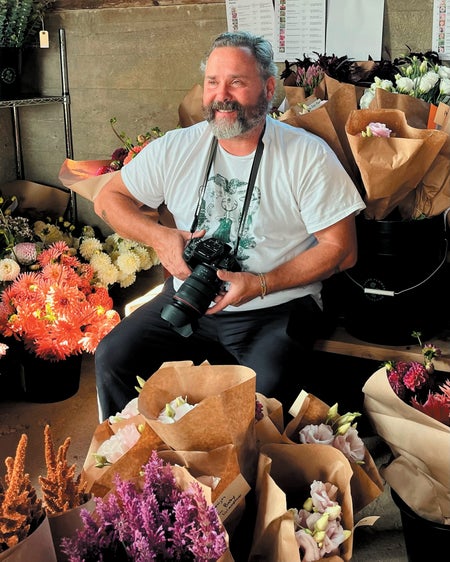
Contributors to Scientific American’s March 2025 Issue
Writers, artists, photographers and researchers share the stories behind the stories
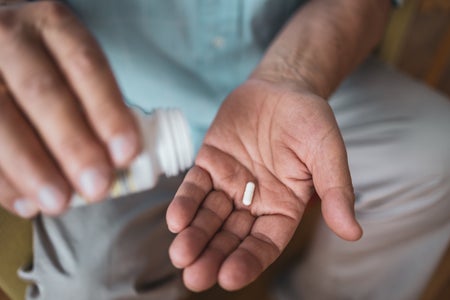
What Is Journavx, the New Opioid-Free Painkiller from Vertex?
The nonaddictive painkiller suzetrigine (Journavx) is as effective for acute pain as a common opioid treatment

Celebrate Lunar New Year with 7 Snake Facts
In honor of the Year of the Snake, let’s appreciate the strange anatomy and evolution of these slithery reptiles

How ‘Dark Patterns’ in Sports Betting Apps Keep Users Gambling
Mobile sports betting apps’ frictionless designs, personalized notifications and 24/7 availability have many gambling addiction experts worried
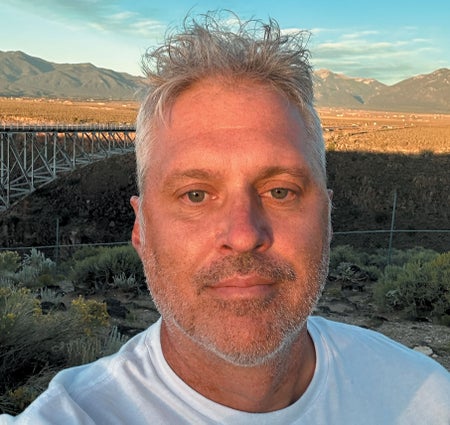
Contributors to Scientific American’s February 2025 Issue
Writers, artists, photographers and researchers share the stories behind the stories
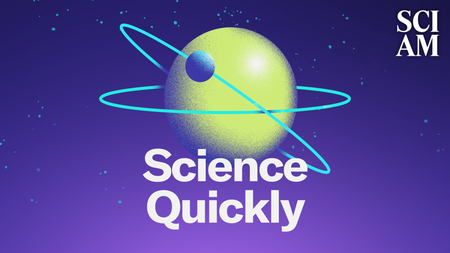
The Ways We Express Pain Point to Universality in Language
Linguists think that the words that we use to express pain might tell us something about our shared biology and the commonality of language.

What Makes Urban Wildfire Smoke So Toxic
Wildfires burning in cities unleash a toxic, unpredictable combination of compounds into the air

How Rare ‘Alice in Wonderland Syndrome’ Warps Reality
Researchers are learning what causes Alice in Wonderland syndrome, a rare neurological condition that can appear to warp bodies, time and reality itself
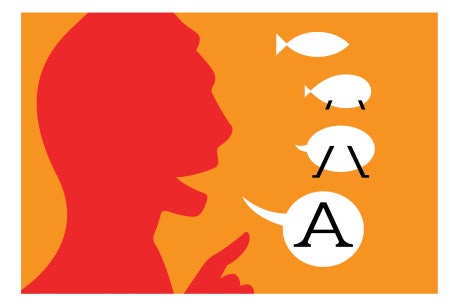
Eight, Ocho, Acht Most Fascinating Language Discoveries of 2024
This year scientists found universal language for pain, tracked why some words go extinct, developed mind-reading brain-to-speech technology, and more
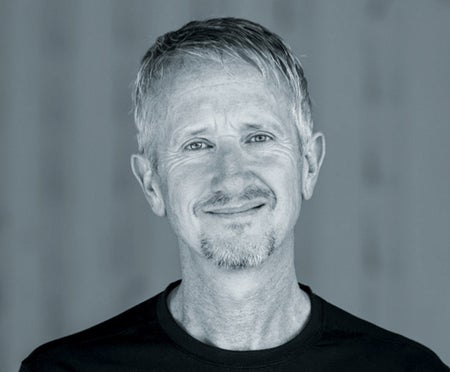
Contributors to Scientific American’s January 2025 Issue
Writers, artists, photographers and researchers share the stories behind the stories
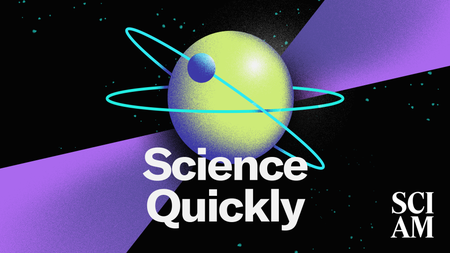
Will AI Audio Replace Podcasts? Not So Fast
Translating complex information into captivating podcasts is no simple task. Is AI up to the challenge?

Supreme Court to Decide Landmark Transgender Health Care Case. Here’s What’s at Stake
In United States v. Skrmetti, the Supreme Court is considering whether a law banning gender-affirming care for transgender youth is discriminatory under the Constitution

Ouch! Linguists Find Universal Language for Pain
From “ouch” to “aïe” to “yakayi,” languages across the world exclaim pain using similar-sounding words, hinting at a common origin
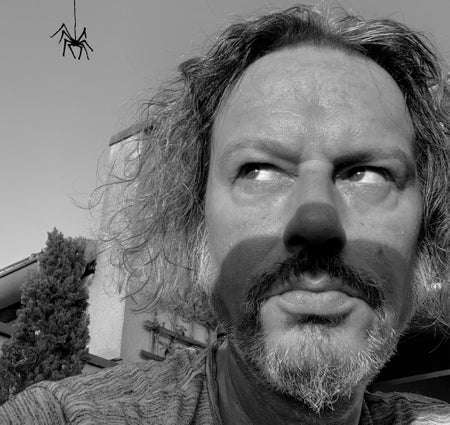
Contributors to Scientific American’s December 2024 Issue
Writers, artists, photographers and researchers share the stories behind the stories
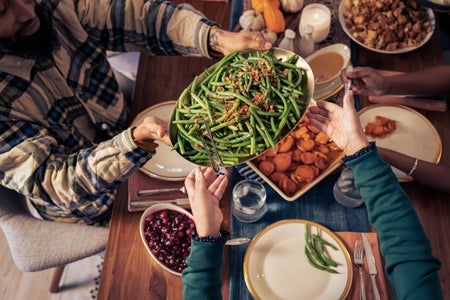
It’s Actually Healthier to Enjoy Holiday Foods without the Anxiety
Food anxiety can peak during the holidays. Here’s how to manage it and enjoy yourself